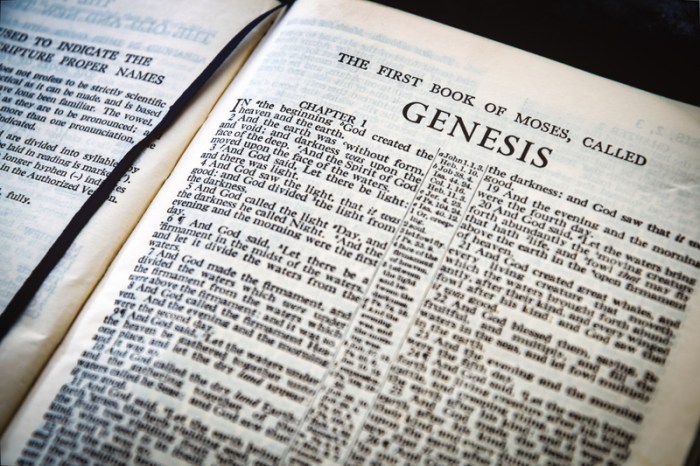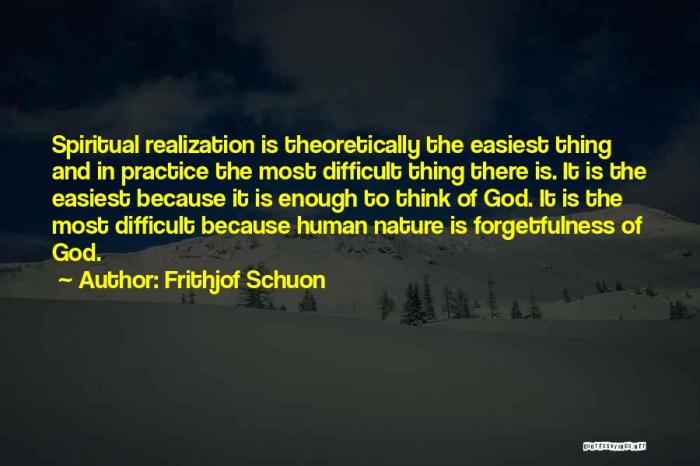Merism examples in the Bible offer a captivating glimpse into the intricacies of biblical language. These literary devices, where two contrasting terms are used together to express a single idea, add depth and nuance to biblical texts, enhancing our understanding of key concepts and characters.
From the vast expanse of heaven and earth to the intimate depths of human nature, merism paints a vivid tapestry that invites us to explore the complexities of faith and the human experience.
Merism in the Bible

Merism is a figure of speech that uses two contrasting terms to express a single idea. In the Bible, merism is often used to emphasize the totality or completeness of something.
Purpose and Significance of Merism in Biblical Texts
Merism serves several purposes in biblical texts:
- Emphasizes totality or completeness:By presenting two contrasting extremes, merism highlights the all-encompassing nature of something.
- Creates a vivid image:The juxtaposition of opposing terms creates a memorable and striking picture in the reader’s mind.
- Highlights a particular aspect:By focusing on specific elements, merism draws attention to a particular aspect of the subject.
- Provides a balanced perspective:Merism acknowledges both positive and negative aspects of a subject, offering a nuanced and balanced view.
Types of Merism in the Bible

Merism in the Bible is not limited to a single form but encompasses various types. Each type serves a distinct purpose in enhancing the literary impact and theological depth of the biblical text.
Vertical Merism
Vertical merism involves the juxtaposition of two contrasting elements arranged vertically. This creates a hierarchical relationship between the elements, with one element being placed above or below the other. For example, in Psalm 103:11, we read, “As high as the heavens are above the earth, so great is his love for those who fear him.”
Horizontal Merism
Horizontal merism involves the juxtaposition of two contrasting elements arranged horizontally. This creates a parallel relationship between the elements, with each element having equal weight. For example, in Proverbs 15:23, we read, “A word spoken at the right time is like apples of gold in settings of silver.”
Cumulative Merism
Cumulative merism involves the addition of elements to a series, with each element building upon the previous one. This creates a sense of progression and intensification. For example, in Psalm 104:1-2, we read, “Praise the Lord, my soul; O Lord my God, you are very great; you are clothed with splendor and majesty, covering yourself with light as with a garment, stretching out the heavens like a tent.”
Distributive Merism
Distributive merism involves the division of a whole into its constituent parts. This creates a sense of detail and comprehensiveness. For example, in Romans 12:1-2, we read, “Therefore, I urge you, brothers and sisters, by the mercies of God, to offer your bodies as a living sacrifice, holy and pleasing to God—this is your true and proper worship.
Do not conform to the pattern of this world, but be transformed by the renewing of your mind. Then you will be able to test and approve what God’s will is—his good, pleasing and perfect will.”
Literary Effects of Merism: Merism Examples In The Bible

Merism in the Bible serves a variety of literary purposes, enhancing the impact and depth of biblical texts. It adds emphasis, creates a sense of totality, and highlights the importance of specific characters and passages.
Emphasis
By presenting two contrasting or complementary ideas, merism emphasizes a particular concept or theme. For instance, in Psalm 139:2, David declares, “You know my sitting down and my rising up.” This merism highlights the all-encompassing knowledge of God, extending from the mundane aspects of daily life to the most significant events.
Merism and Biblical Interpretation
Merism plays a significant role in aiding the interpretation of biblical texts. By understanding the nuances of merism, we can delve deeper into the intended meaning and significance of various passages.
One of the most famous examples of merism in the Bible is the phrase “from head to toe,” which means “completely.” Another example is the phrase “from the womb to the tomb,” which means “throughout one’s entire life.” Incidentally, have you ever wondered about the main ore of lead crossword ? Galena is a dark blue-gray mineral that is the primary source of lead.
Returning to our discussion of merism, the phrase “the heavens and the earth” is another example, which means “the entire universe.”
Merism helps us grasp the totality and completeness of concepts. For instance, in the phrase “from heaven and earth” (Genesis 1:1), merism conveys the all-encompassing nature of God’s creation. Similarly, in the expression “the whole world” (John 3:16), merism emphasizes the universal scope of God’s love and salvation.
Unifying Opposites
Merism can also highlight the unity of seemingly opposing concepts. In the phrase “both Jew and Greek” (Romans 10:12), merism stresses the equality and inclusion of all people before God. Likewise, in the expression “the first and the last” (Revelation 1:17), merism underscores the timeless and eternal nature of Christ.
Examples of Merism in the Bible

The Bible contains numerous examples of merism, where two contrasting or complementary terms are used to express a comprehensive idea. This literary device serves various purposes, including emphasis, completeness, and totality.
Table of Merism Examples in the Bible
| Biblical Reference | Type of Merism | Explanation |
|---|---|---|
| Genesis 1:1 | Totality | “In the beginning, God created the heavens and the earth.” |
| Exodus 20:3 | Totality | “You shall have no other gods before me.” |
| Psalm 24:1 | Complementary | “The earth is the Lord’s, and everything in it, the world, and all who live in it.” |
| Proverbs 15:3 | Complementary | “The eyes of the Lord are everywhere, keeping watch on the wicked and the good.” |
| Ecclesiastes 3:1 | Antithetical | “There is a time for everything, and a season for every activity under heaven.” |
| Isaiah 40:28 | Totality | |
| Matthew 5:18 | Totality | |
| Acts 17:28 | Complementary | |
| Romans 8:38-39 | Antithetical |
User Queries
What is merism?
Merism is a literary device where two contrasting terms are used together to express a single idea, emphasizing the totality or completeness of the concept.
Why is merism used in the Bible?
Merism is used in the Bible to enhance the impact of certain passages, emphasize key concepts, and create a vivid and memorable impression on the reader.
Can merism aid in biblical interpretation?
Yes, understanding merism can help us interpret biblical texts more accurately by providing a deeper understanding of the intended meaning and emphasis of certain passages.